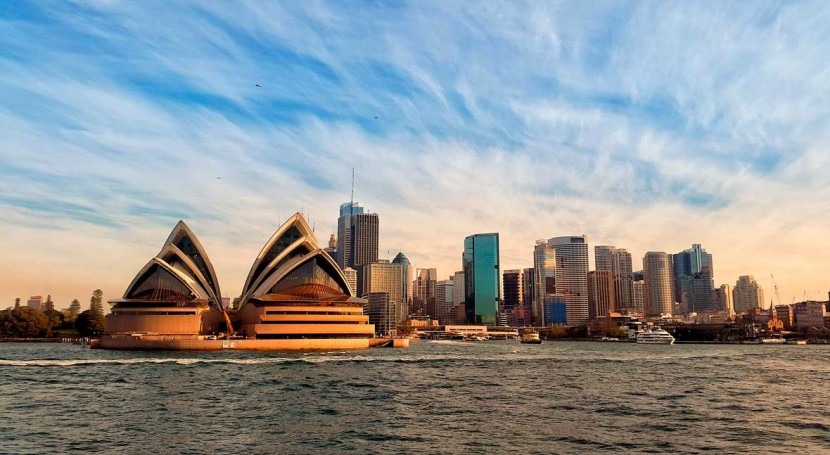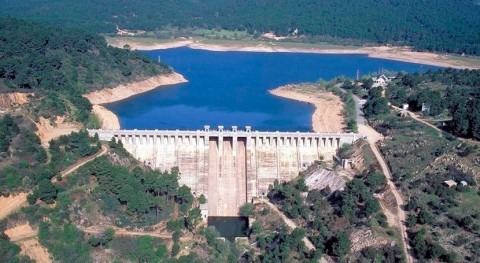Moody's Investors Service says in a new report that increasingly frequent and severe natural disasters related to climate change will raise budget pressure and test the capacity of New South Wales (NSW) to mitigate the associated costs, thus presenting a long-term challenge.
“The 2019-20 bushfire season and ongoing drought – the worst on record – have materially disrupted economic output across regional NSW and have increased the state's budget pressure,” says John Manning, a Moody's Vice President and Senior Credit Officer.
While the overall fiscal impact cannot be fully quantified at this stage, the drought alone has required approximately AUD2 billion in new support measures in the fiscal year ending June 2020.
“In addition to hindering agricultural production, the prolonged drought is also exacerbating future water stress risk in Greater Sydney – an area that accounts for a growing share of NSW's overall economy,” adds Manning. “We currently consider water stress to pose the greatest risk to this part of NSW over the longer term.”
While the short-term credit implications from the current crises are limited, supported by ample fiscal buffers and a likely contained economic impact, NSW will in the longer term face significant additional capital spending requirements as it seeks to adapt to climate change and improve resilience to drought and bushfire risk.
In particular, the state will face large-scale infrastructure investment needs as it targets climate independence of water supply. And with bushfire seasons becoming longer and more extreme, the state will also need to invest in additional infrastructure to support future firefighting efforts.










